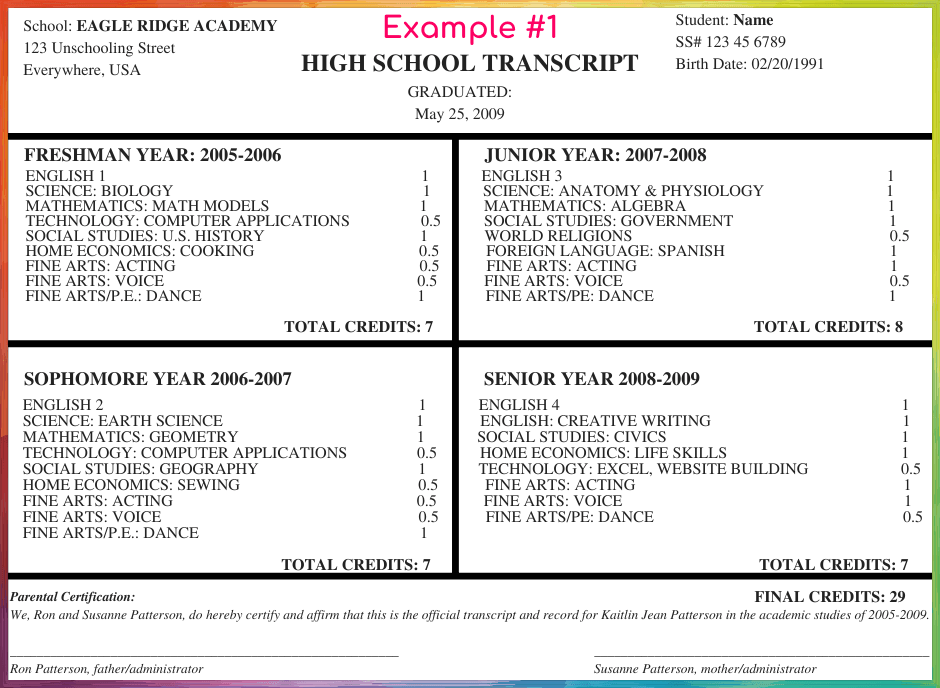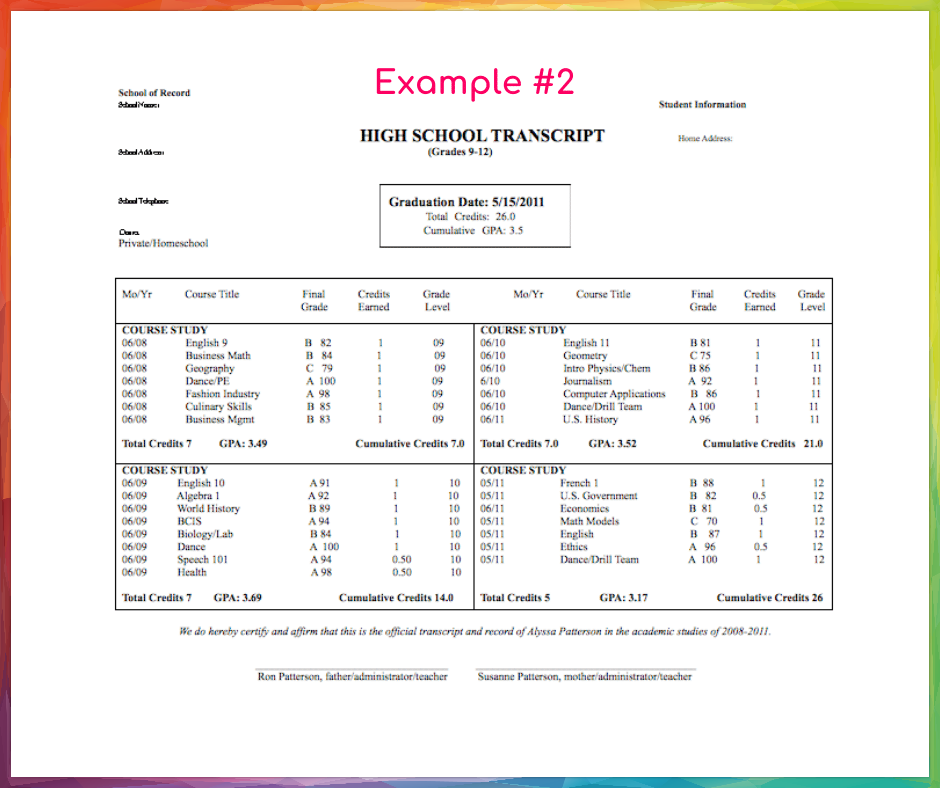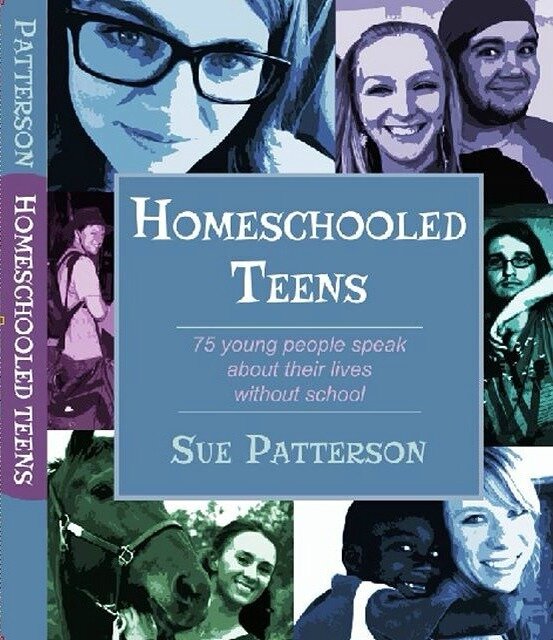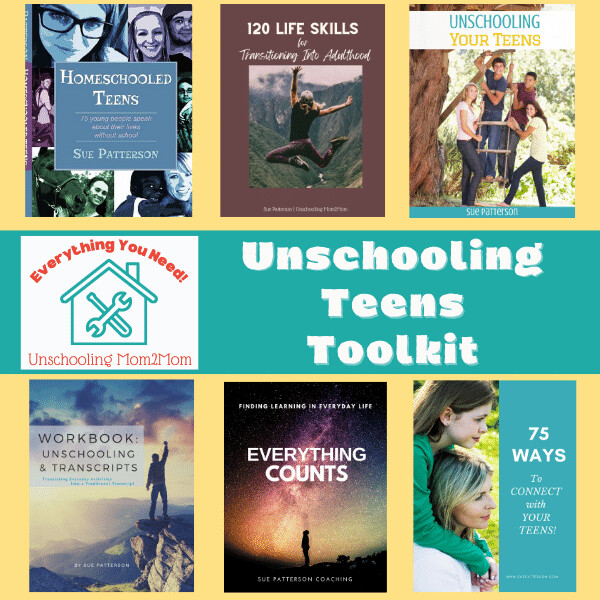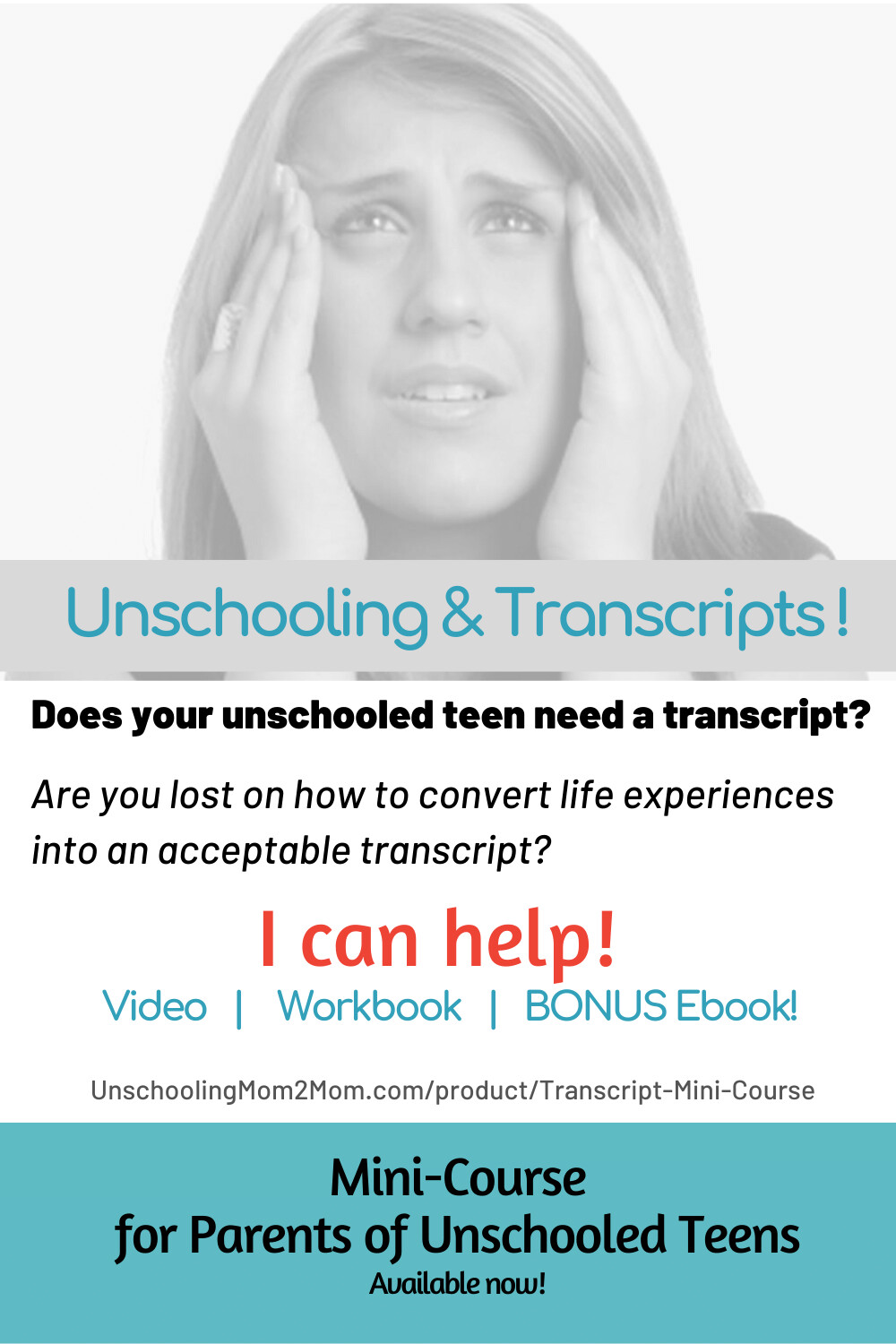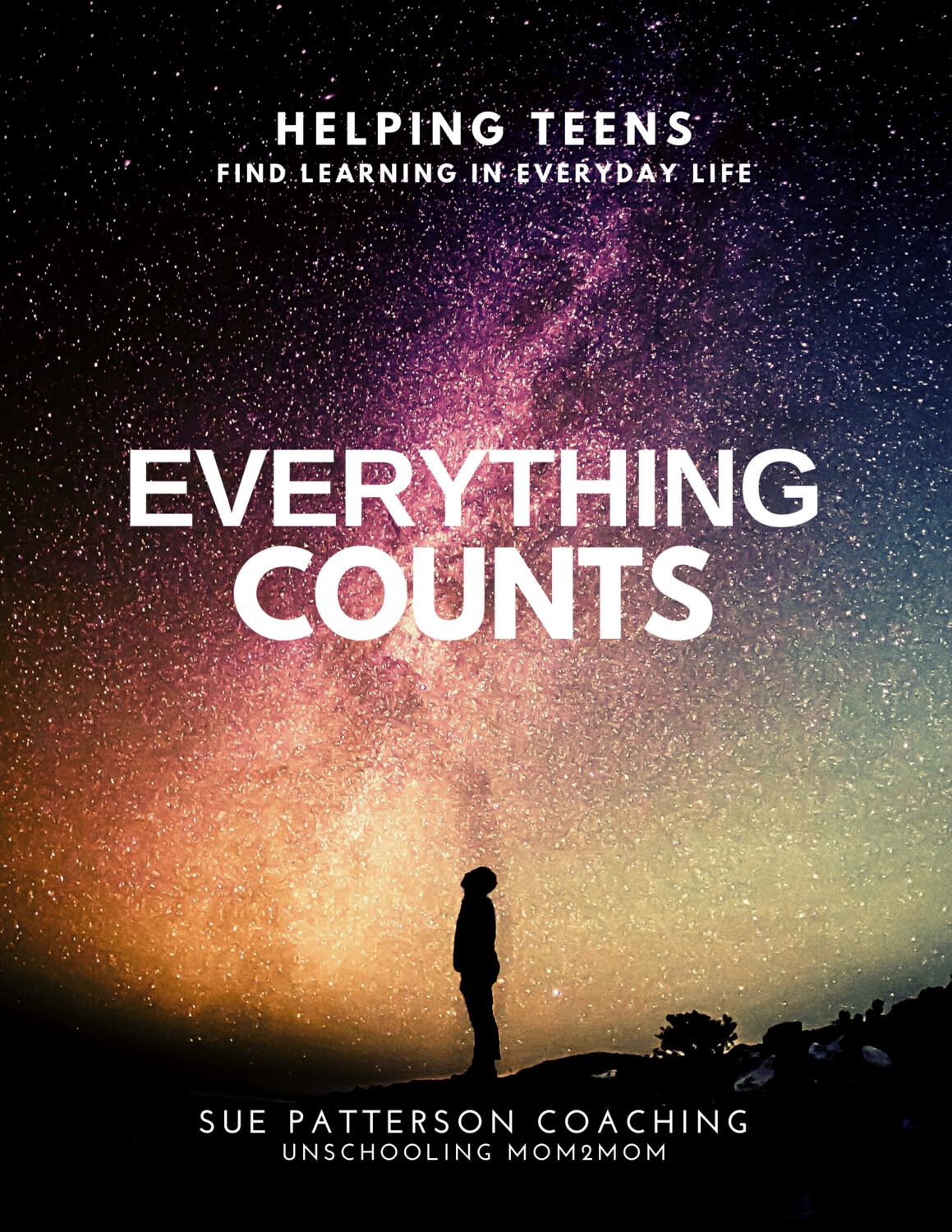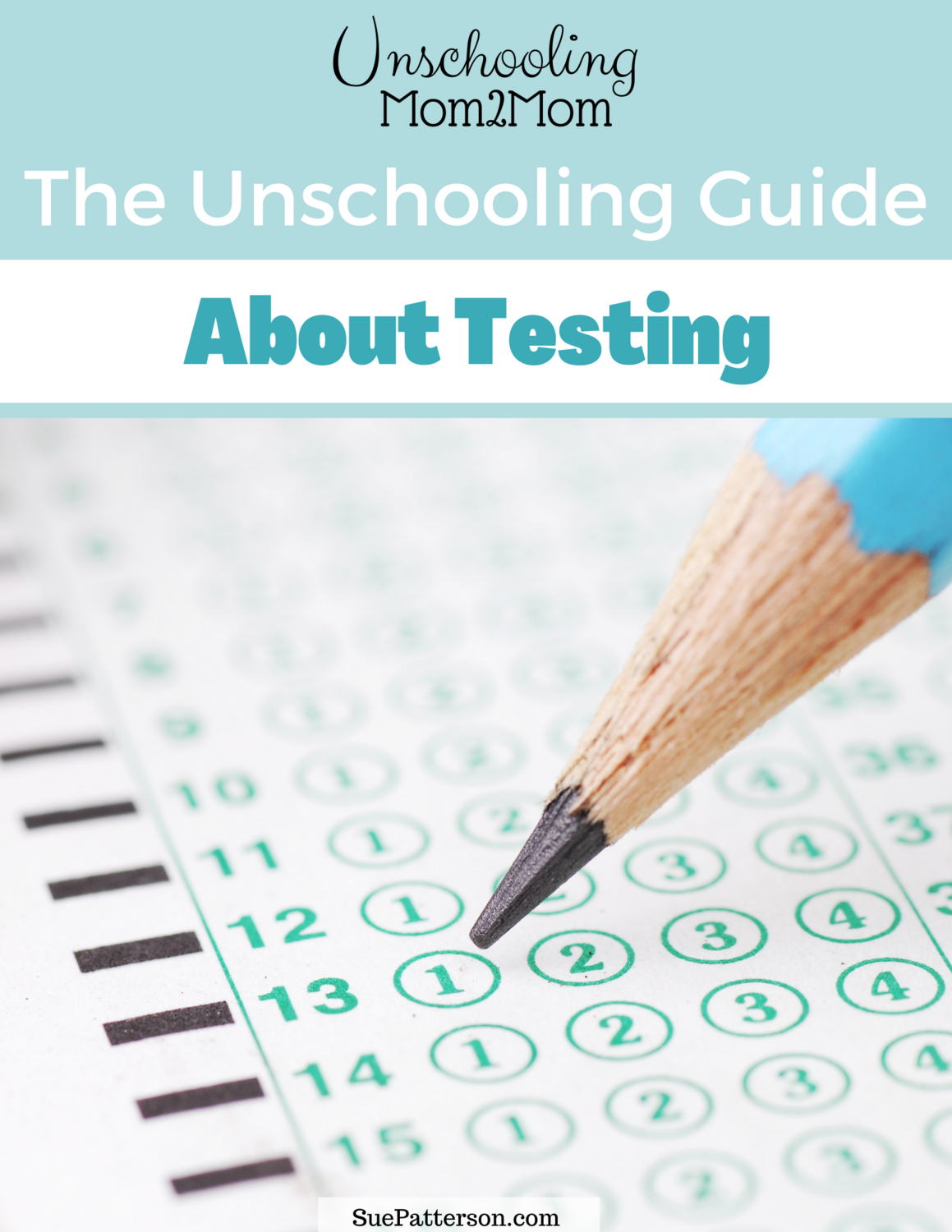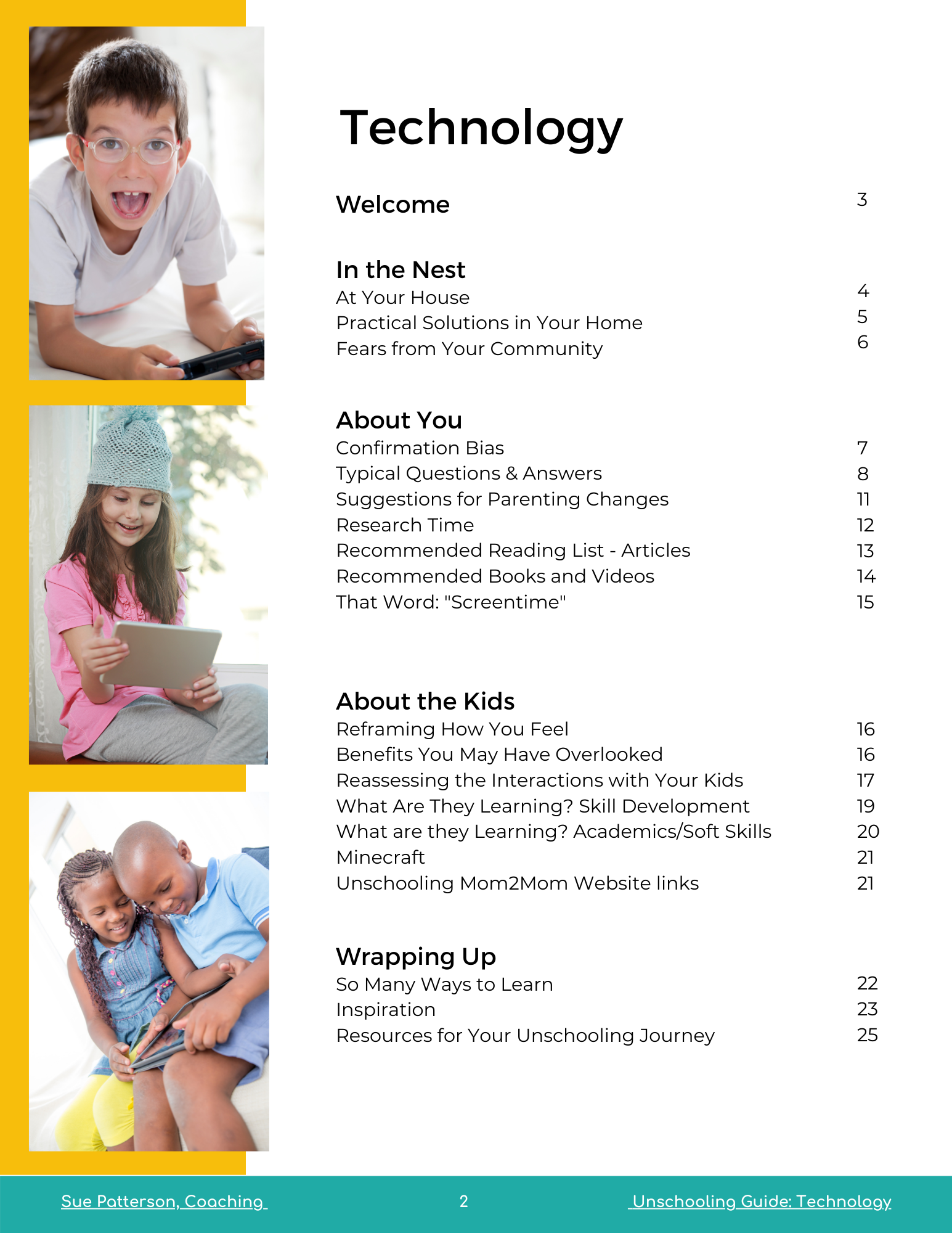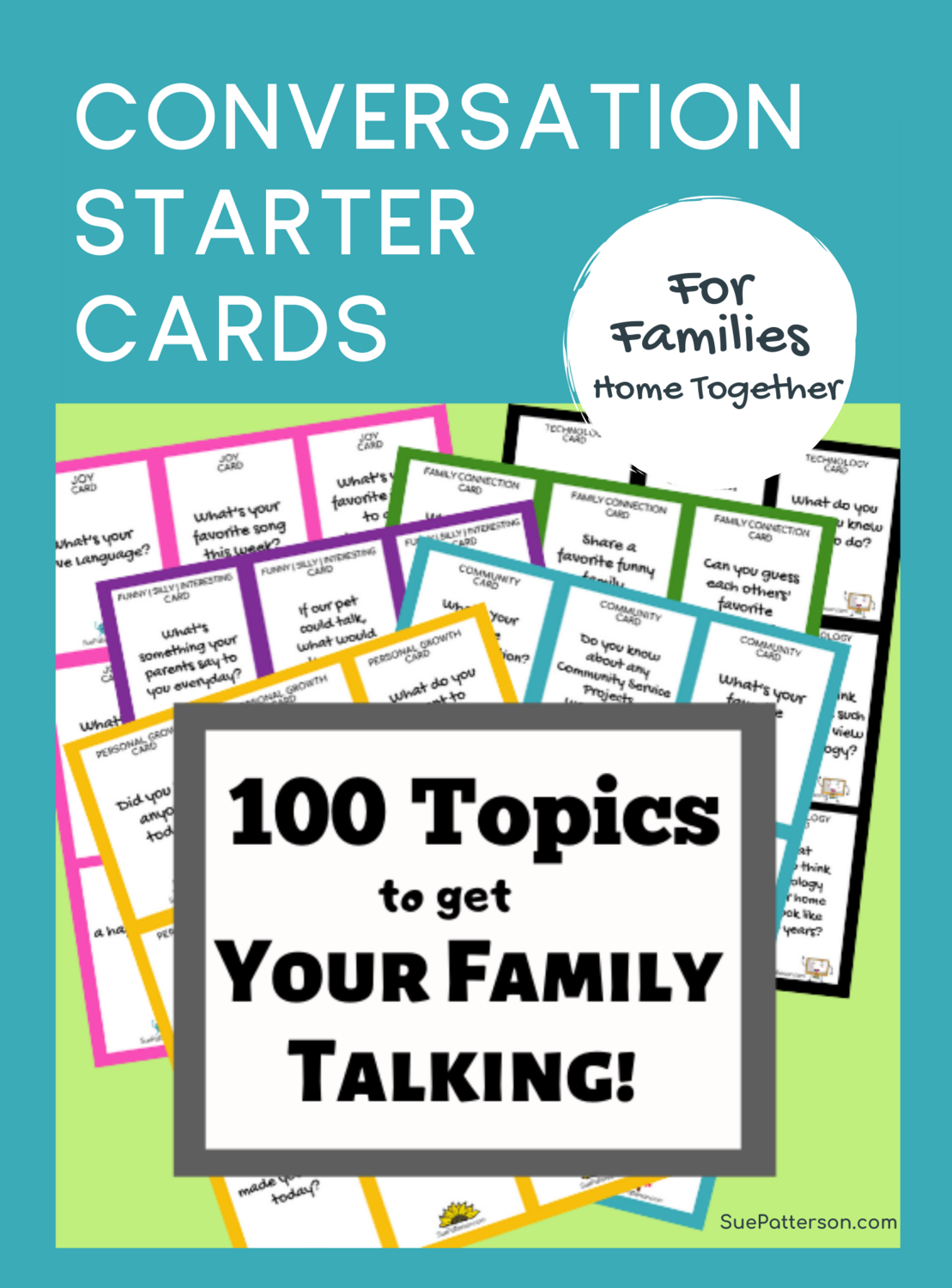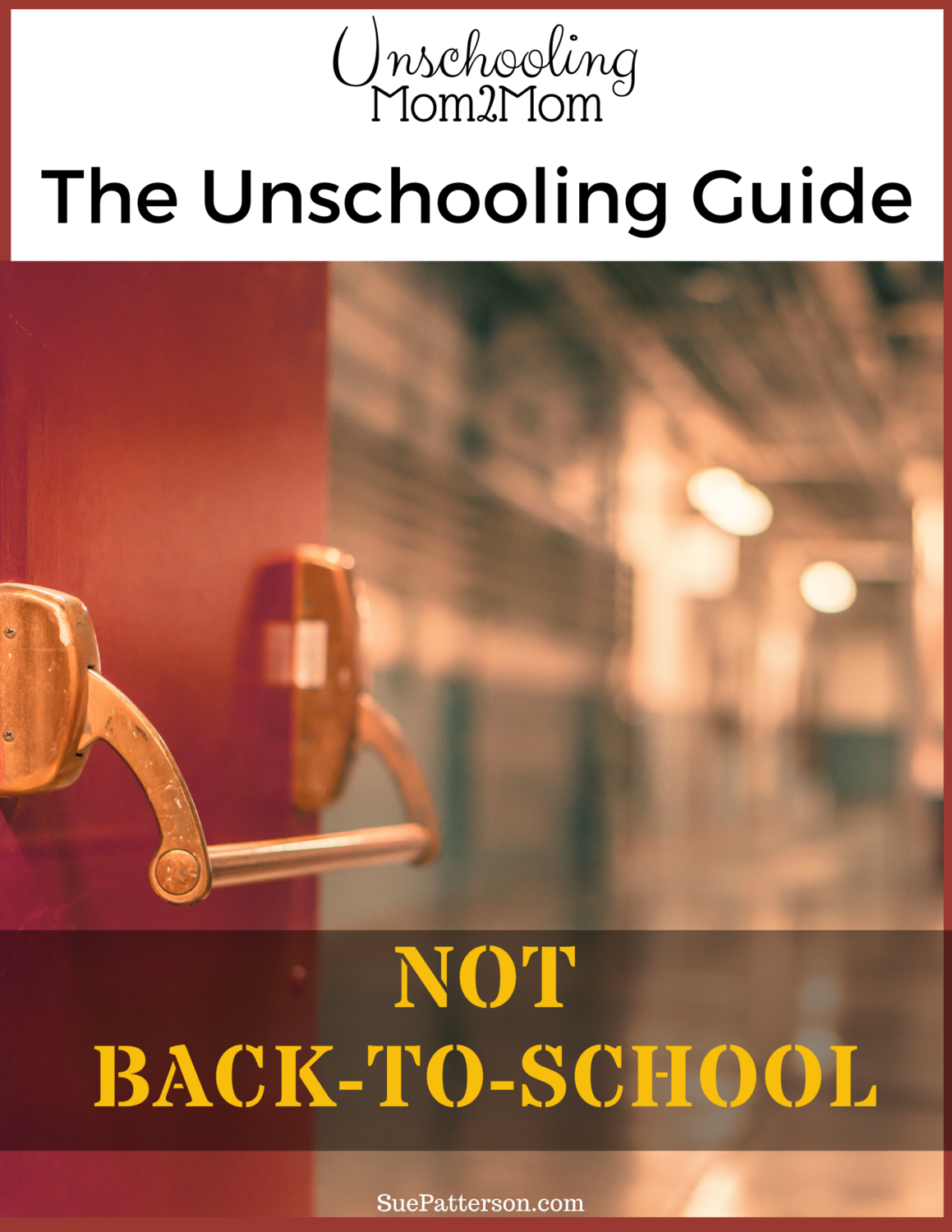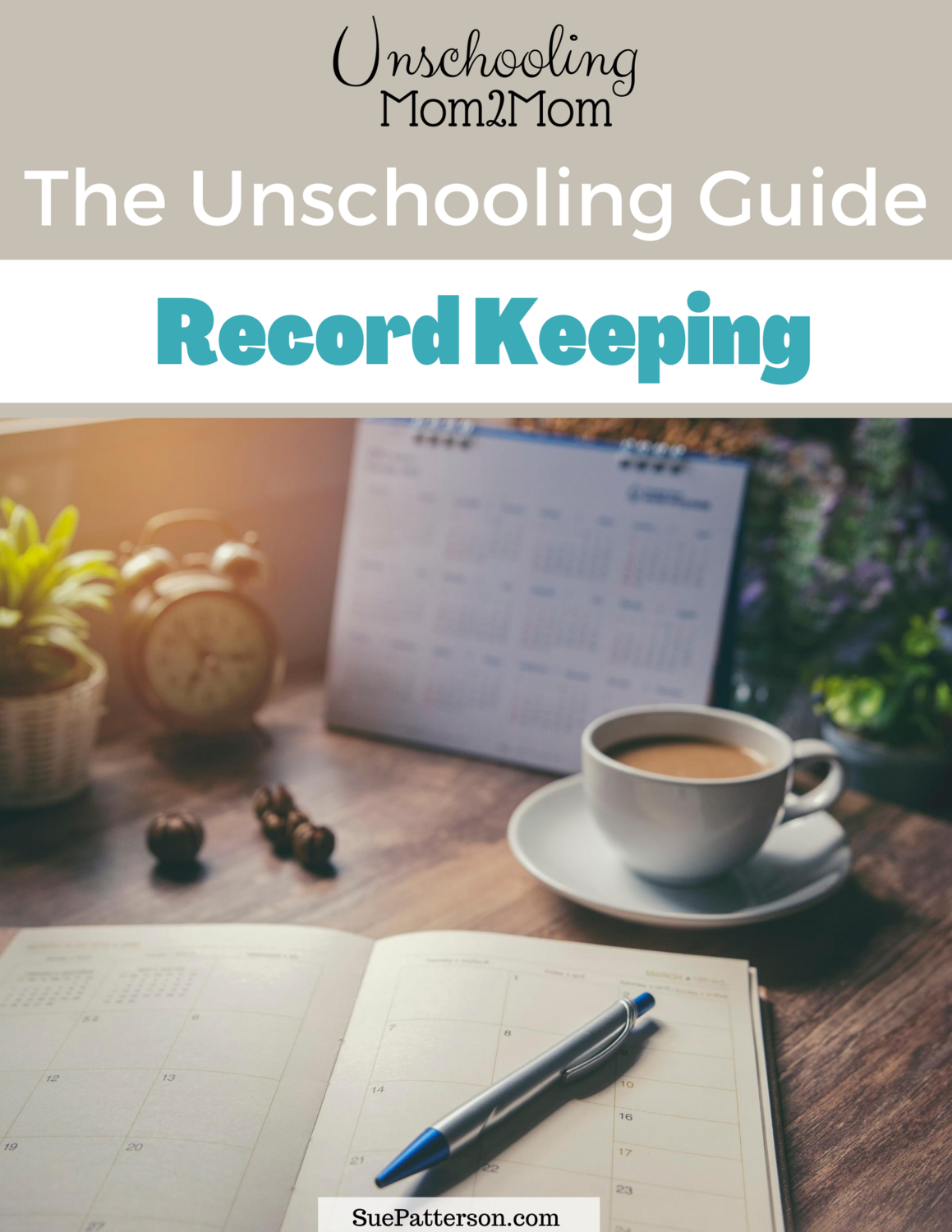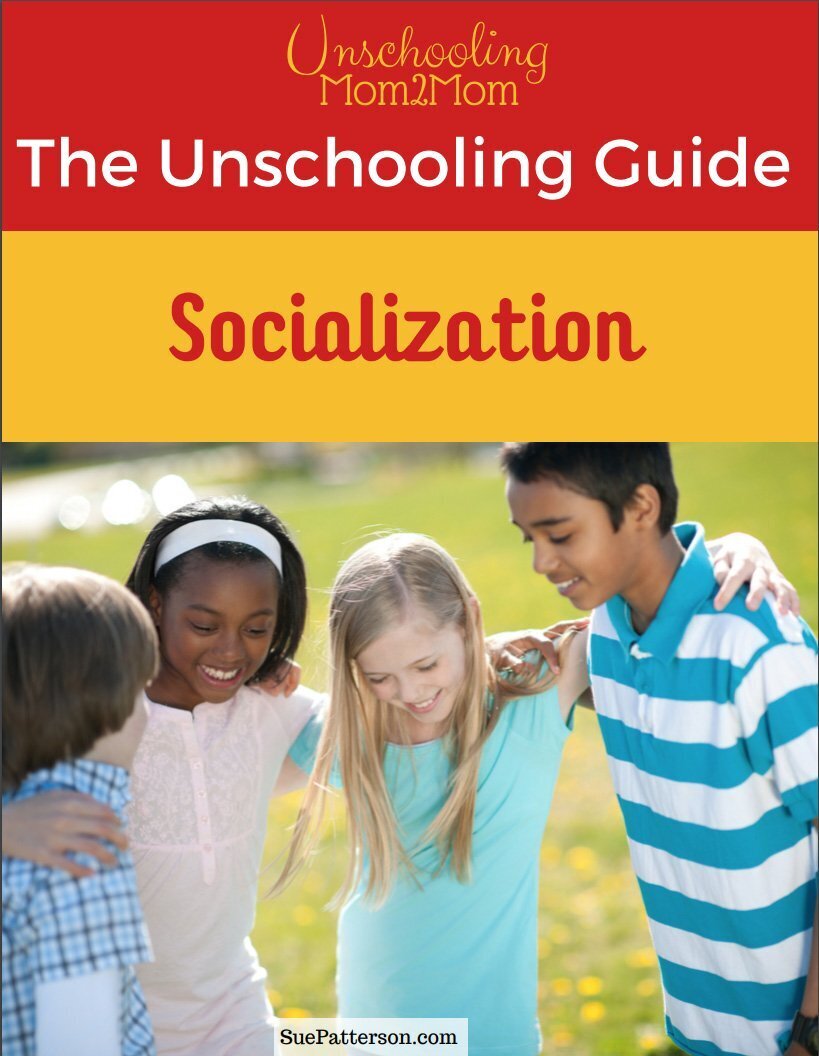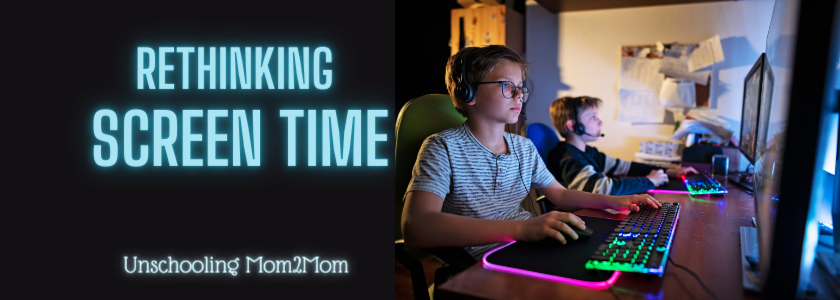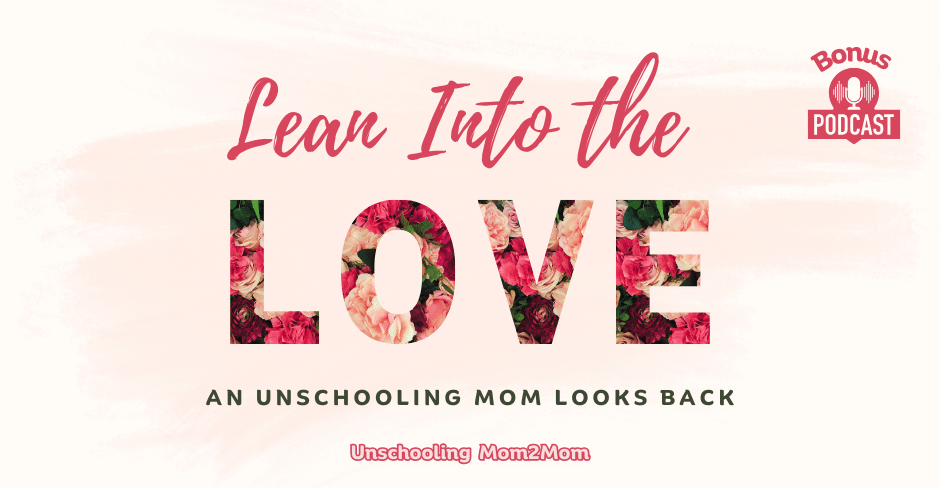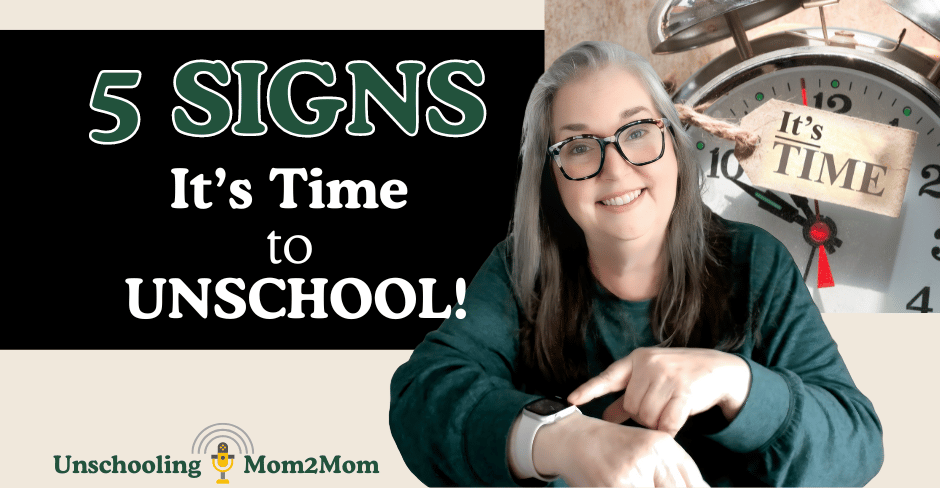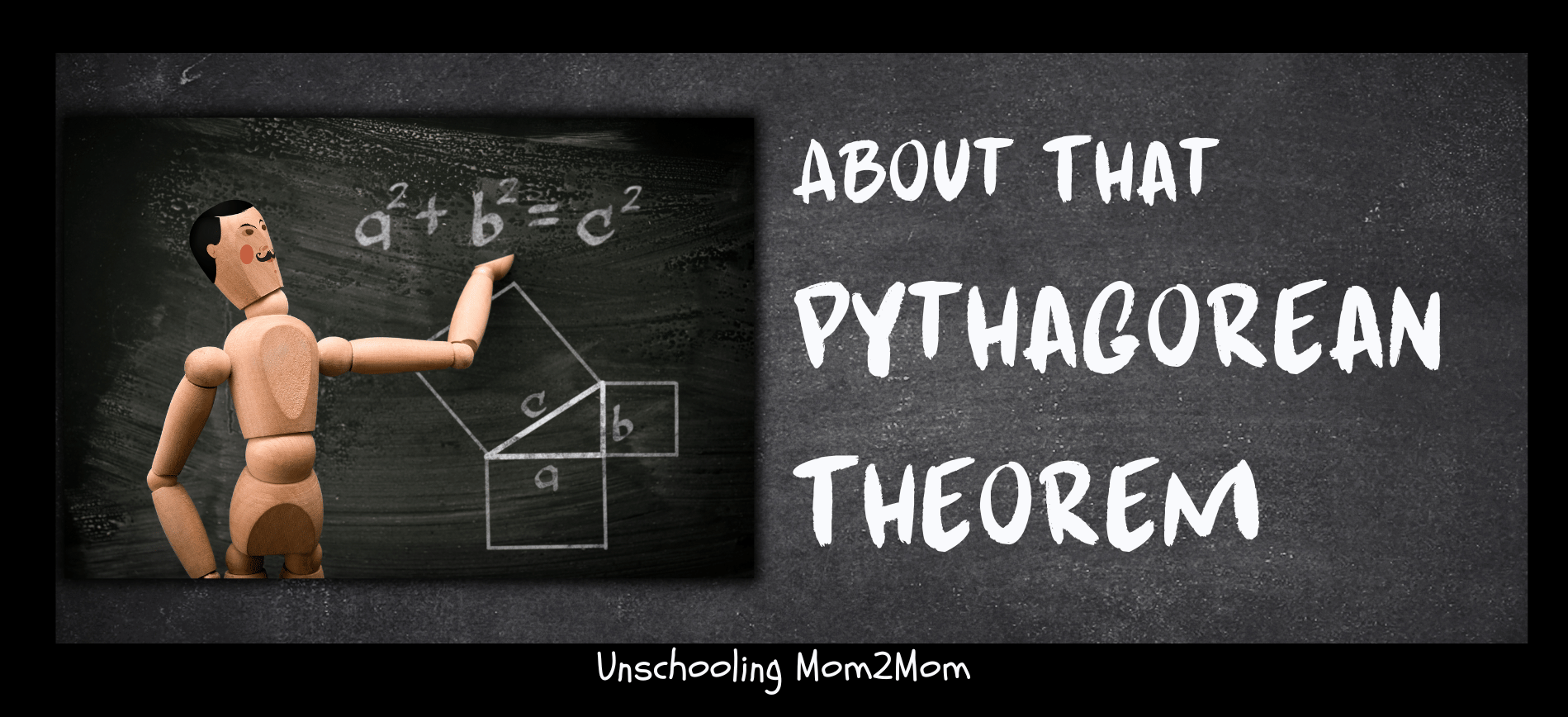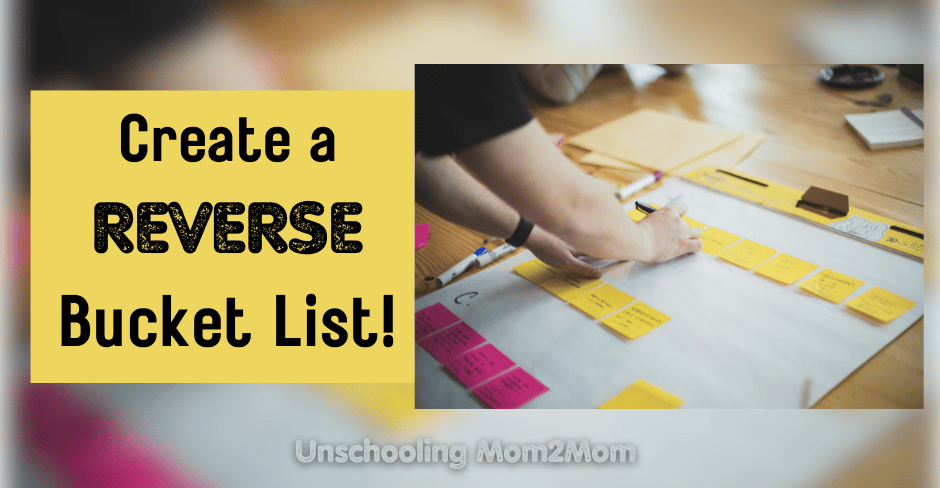Example #2’s transcript has grades on it, mainly because we had them. She went to high school for a year and a half, so we plugged those classes into the transcript. I suppose I could have assigned grades to Example 1's transcripts, but they didn’t ask for it. It's a good practice to not give more than they request to meet the criteria.
A few extra pieces of info that might be helpful:
- Your state determines how many credits a teen needs in high school, so you might look at a local public high school website and see what their
credit requirements are. That will give you a number to be sure you include.
- Most places consider the Carnegie Unit guidelines for credit. That's 120 hours of study = 1 credit, 60 hours = 0.5 credit
- Another term that might be useful is the "Mastery Approach." If you skip the grades altogether, you can tell anyone who asks that you use the Mastery Approach... meaning that if it's on the transcript, you consider the topic mastered. If they didn't understand it or simply didn't learn enough about it, it's not on the transcript.
- Simple transcripts like these worked for community college and trade school. If my kids had wanted to go straight into a 4-year university, we would have needed much more information. And each university would have their own expectations for applicants. It's very important to look at the institution your child wants to attend, and see what their admission guidelines are. Narrative essays, more descriptions of what each course included - these things may be necessary. They weren't in our cases, but your situation may be different.
Additional Q & A
I first shared this on my blog, years ago when I made them. A few questions popped up, so I'll share them here:
Question:
What states require for public school graduation is not always (or even often) the same as what is expected of homeschool students. If a state homeschool law specifies a certain number of credits, that’s one thing but I don’t think we should ever encourage homeschoolers to give any credence to public school requirements unless that is also a homeschool requirement by law.
Sue's Answer:
I think that’s a good point to emphasize. Over-supplying information never works out well for the homeschooling community in general. It then becomes the expected "norm".
My reason for doing this very schoolish-looking transcript was because I knew that the admissions office was not aware of what the legal expectations were for homeschoolers. And I wanted my kids to have smooth sailing in getting through their process.
The state of Texas, where we live, considers homeschoolers to be private school students. Legally, there’s no stipulation about anything other than a general requirement to include Reading, Math, Good Citizenship, Spelling and Grammar.
But when a college asks for a transcript, I know they want to see more than that on there. They’re not asking us for something different from what they ask other graduates from brick and mortar schools.
I think this makes it a little different from what you’re saying. We just wanted to get through the admission process easily, so they could attend the school and demonstrate that they were prepared to do well.
Question:
So, did you test your kids? I struggle to add a grade because we have never really tested anyone. If you got it right you move on, if not you redo it. Yikes, now I need to create a transcript.
Sue's Answer:
We didn’t test the kids.
Well, we did one time when we were part of a Charter school program and wanted their stuff. We left the following year...but that’s another story!
You can add the grade that you want to add. Truth is, no one really cares! If they tried hard at it, or they were really interested in the topic/activity, I gave them an A. If they didn’t care about it much, I may have given a C. Colleges were going to do their own assessments anyway, so none of it matters.
The other thing I wanted to mention about that idea of making them redo it if it’s wrong. That means you’re aiming for 100% mastery? That seems a little excessive for every subject. Sometimes, having an overview and knowing you can come back to it if you have a question, is enough. Just a thought.
QUESTION:
My unschooled kids don't take any classes like this. Maybe occasionally at a co-op in their early teens - but nothing that looks like school classes. How did yours do this?
SUE'S ANSWER:
Mine didn't either. Well, Alyssa's classes IN high school were exactly these. And they did do a little at a co-op briefly. But otherwise, we did what all progressive educational "institutions" do: We decided what activities could be pieced together to be considered "enough" exposure and practice and discovery to constitute a class. Yes, completely subjective on my part. I thought about the subjects that are typically on a transcript, and then thought of all the life experiences that the teen had experienced. Then I divided them up into the categories that fit. Thinking about how much time is actually spent learning in a classroom, it was pretty easy to find activities for each subject.


